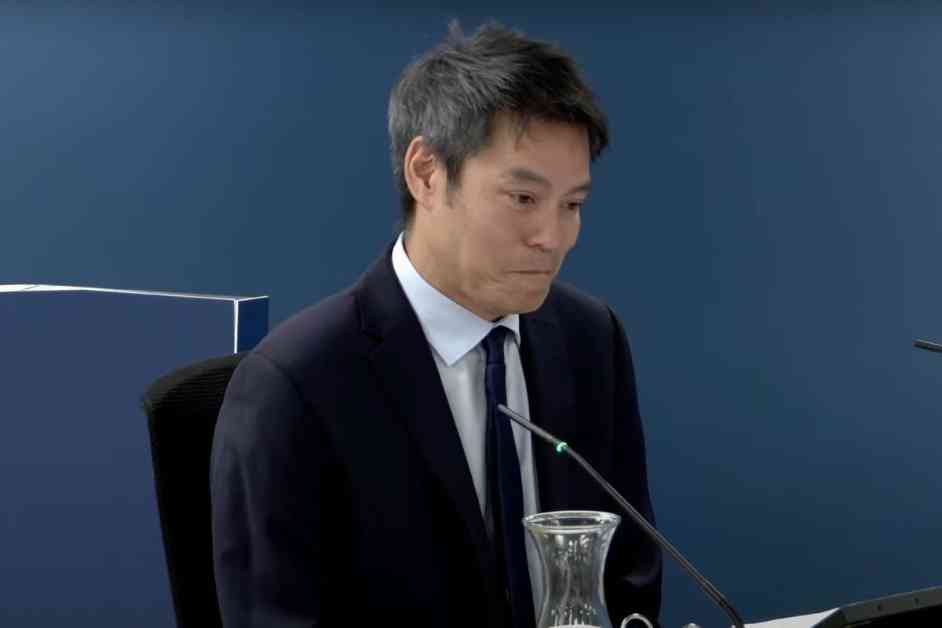Hospitals across the UK are facing a crisis as the ongoing pandemic continues to overwhelm resources and stretch healthcare workers to their limits. The lack of adequate preparation and resources prior to the pandemic has left medical facilities struggling to cope with the influx of COVID-19 patients, leading to scenes of chaos and despair on hospital wards.
Political decisions made before the pandemic have come under scrutiny, with Chief Medical Officer Professor Kevin Fong highlighting the failure to equip the UK with enough intensive care units. He compared the situation to his experiences during previous emergencies, such as the Soho bombing in 1999 and the 7 July London bombings, stating that nothing could have prepared him for the devastation caused by COVID-19 on a daily basis.
Describing the harrowing conditions in hospitals during the pandemic, Professor Fong revealed that staff were so overwhelmed that hospitals ran out of body bags, forcing them to resort to using clear plastic sacks and cable ties to handle the increasing number of deaths. Nurses were pushed to their limits, with some even wearing adult diapers because they couldn’t take breaks to use the restroom.
The NHS’s handling of the pandemic has raised questions about the country’s preparedness for such a crisis. Chief Medical Officer for England, Professor Chris Whitty, emphasized the UK’s low ICU capacity compared to other high-income countries, attributing it to political choices and system configurations. He stressed the importance of trained healthcare workers in managing emergencies, stating that it’s not possible to scale up systems without experienced staff.
The impact of COVID-19 extends beyond the physical toll, with long-term effects such as long COVID becoming a growing concern. Professor Whitty acknowledged that some people would inevitably suffer from lasting symptoms, emphasizing the need for a balanced approach in communicating the risks to the public. The confusion surrounding the use of masks and protective equipment at the beginning of the pandemic highlighted the challenges of making decisions in a rapidly evolving situation.
The testimonies of healthcare workers paint a grim picture of the realities faced on the front lines of the pandemic. Stories of patients dying in ambulances due to overcrowded hospitals, staff wearing makeshift protective gear, and nurses being traumatized by the overwhelming death toll shed light on the immense pressure faced by those working in healthcare. The emotional toll of witnessing such scenes of despair and tragedy has left many healthcare workers struggling to cope with the trauma of their experiences.
As the inquiry into the NHS’s role during the pandemic continues, it is clear that lessons must be learned to prevent a similar crisis in the future. The need for adequate resources, trained staff, and clear communication strategies has been highlighted as essential in managing emergencies of this scale. The testimonies of healthcare workers serve as a stark reminder of the sacrifices made by those on the front lines and the urgent need for better preparedness in the face of future crises.
Overall, the pandemic has exposed the vulnerabilities in the healthcare system and the need for robust planning to ensure that hospitals are equipped to handle emergencies of this magnitude. The stories of resilience, sacrifice, and trauma experienced by healthcare workers during the pandemic serve as a powerful reminder of the human cost of such crises and the importance of supporting those who put their lives on the line to care for others.












